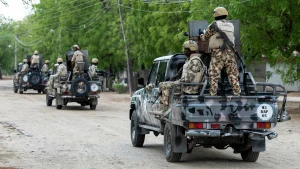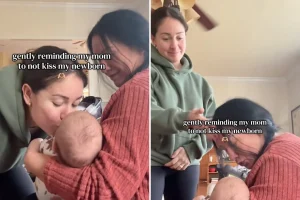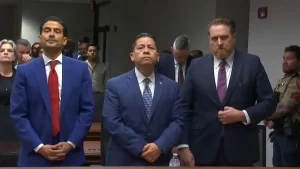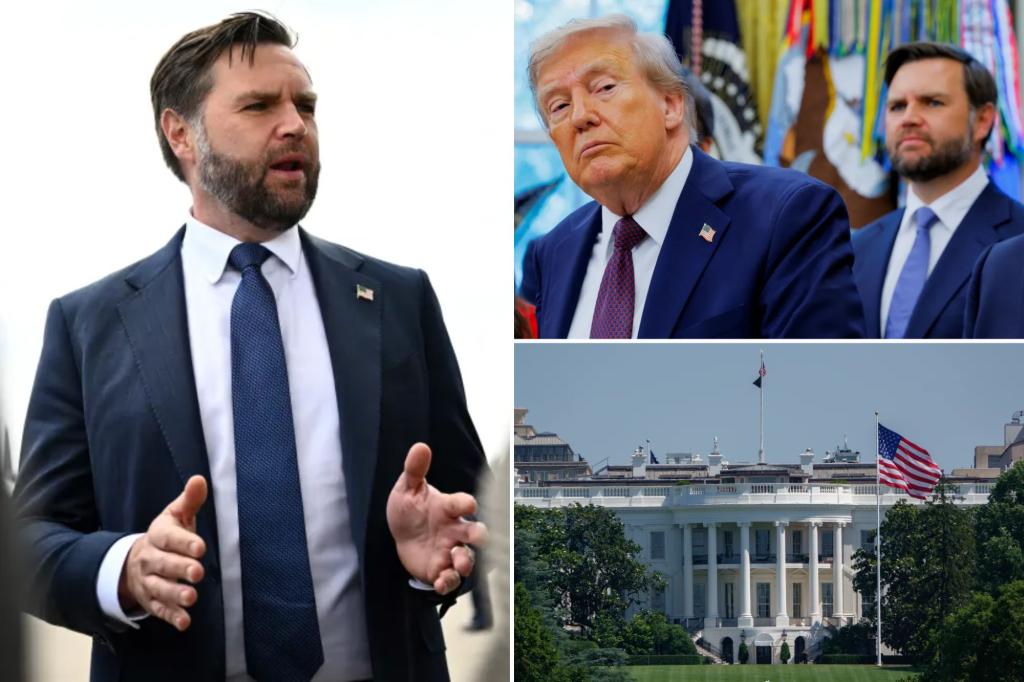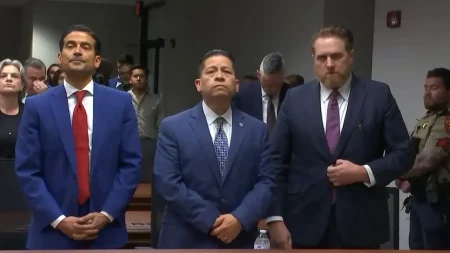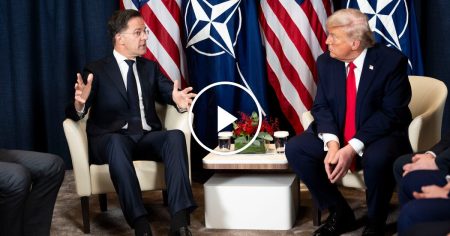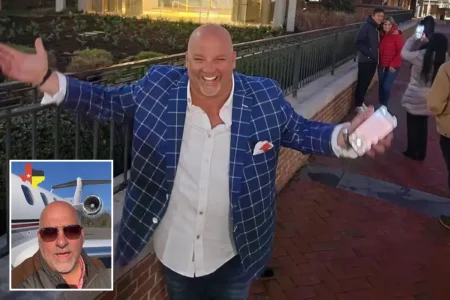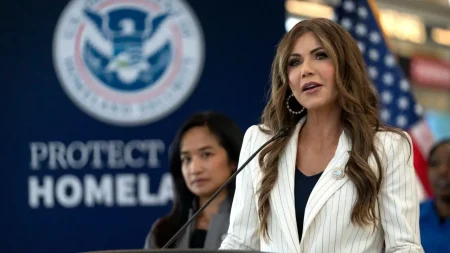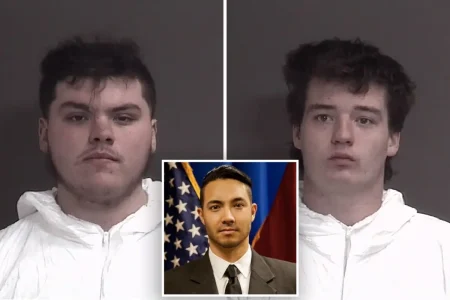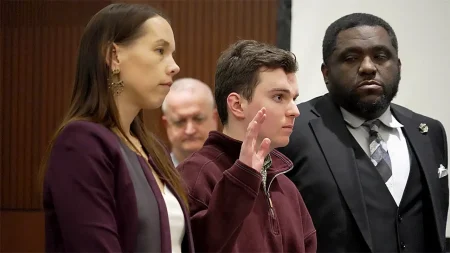JD Vance Focuses on Present Role While Future Political Possibilities Linger
In a thoughtful and candid conversation on “My View with Lara Trump,” Vice President JD Vance demonstrated a commitment to his current responsibilities while acknowledging the swirling speculation about his political future. When asked about a potential 2028 presidential run, Vance chose a path of humility and present-focused leadership, explaining that he “doesn’t like thinking about” a future White House bid. Instead, he emphasized the importance of delivering results in his current role first. “If we do a good job in 2025 and 2026, then we can talk about the politics in 2027,” Vance remarked, articulating a philosophy that resonates with many Americans tired of perpetual campaigning. His perspective reflects a refreshing prioritization of governance over political ambition, noting that Americans are “fed up with folks who are already running for the next job, seven months into the current one.”
The Vice President’s journey to this moment has been nothing short of remarkable. His resilience through family struggles and economic hardship has created a connection with many Americans who see their own challenges reflected in his story. During the interview, Vance struck a balance between acknowledging political realities and maintaining focus on immediate priorities. While not closing the door on future possibilities, he recognized that any potential presidential run would require substantial effort and would not be handed to him “either on the Republican side or on the national side.” This perspective reveals both political savvy and personal humility—qualities that have helped define his public persona. Perhaps most tellingly, Vance framed his current vice-presidential role in deeply personal terms, describing it as “the most important job I ever had, outside of being a father to those three beautiful kids,” offering a glimpse into how he balances public service with family commitments.
When the conversation turned to potential Democratic opponents in 2028, Vance briefly noted that most “obviously have very bad records” but quickly pivoted back to discussing his working relationship with President Trump. This strategic redirection highlighted his preference for focusing on current governance rather than engaging in premature political positioning. The Vice President painted a vivid picture of the Trump administration’s working style, describing a president who “doesn’t have an off switch” and often calls at unconventional hours—12:30 a.m., 2 a.m., and then again at 6 a.m. about entirely different topics. These anecdotes humanize the administration while emphasizing the intensity and dedication bringing to the highest offices in the land.
What emerged most clearly from Vance’s comments was his appreciation for Trump’s leadership approach. He described a president who delegates authority and places trust in his team—a quality that Vance characterized as “really amazing.” This insight provides a window into the administration’s internal dynamics and suggests a productive working relationship between the president and vice president. The trust Trump has placed in Vance—sending him to handle important issues and meet with foreign leaders—indicates both the president’s confidence in his vice president and Vance’s growing role in shaping administration policy. This delegation of significant responsibility also positions Vance to build the kind of experience and relationships that would serve as a foundation should he eventually pursue higher office.
Throughout the interview, Vance maintained a delicate balance—acknowledging potential future ambitions without allowing them to overshadow his current responsibilities. His statement that “if I do my best job… the politics will figure itself out” reflects a philosophy that good governance ultimately creates its own political opportunities. This approach stands in contrast to the calculation often associated with politicians perpetually positioning for their next campaign. By focusing on delivering results in his current role, Vance appears to be building a case for future leadership based on actual accomplishments rather than merely political maneuvering. This strategy may prove particularly effective in an era when many voters express frustration with politicians who seem more focused on campaigning than governing.
The Vice President’s comments, while careful and measured, nonetheless open a window into how he views his political trajectory. Without explicitly declaring future intentions, Vance has acknowledged the possibility of a 2028 presidential run while establishing a timeline and conditions for such considerations. His emphasis on proving himself through effective governance first creates both a standard by which he can be judged and a narrative framework for any future campaign. By connecting his political future to his performance as vice president, Vance has effectively raised the stakes of his current role. If he indeed harbors presidential ambitions, his success or failure in the vice presidency will likely play a determining role in whether those ambitions can be realized. For now, however, Vance appears content to focus on the substantial responsibilities before him, allowing future political questions to answer themselves through the results of his current work.
